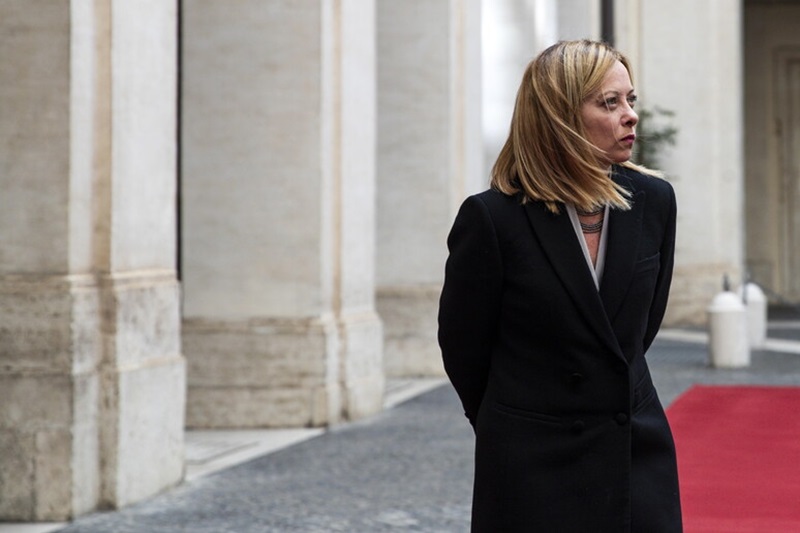Many students, few (very few) teachers, and it struggles to reach the quality standards required by the government. Despite the boom in online university enrollment in recent years, these entities are now at risk of closure unless the Ministry of University and Research finds a compromise that would save their lives. In fact, a sword of Damocles hangs over them: a 2021 decree from the then Draghi government, over which politics has long been divided. This is Ministerial Decree 1154/2021 which imposed new adaptation standards by 2025 for all universities, including online ones, in order to establish a closer relationship between the number of teachers and that of registered students, multiplying it by three. Shortly after, a governing decree set November 30, 2024 as the date for verifying prescriptions. The decree was issued on the basis of the opinion of the Conference of Rectors and Anvur (the national agency for the evaluation of the university and research system). A report from the latter has indeed highlighted the enormous gap between traditional and online universities with regard to the number of professors and students. In 2022, traditional universities had on average one professor per 28.5 students, while online universities had 384.8 students per professor. A substantial difference, which has raised concerns in the sector about the quality of teaching, triggering a heated political debate.
Boom in members, but also in decrees
In Italy, there are a total of 11 online universities, including renowned institutes such as Pegaso, Leonardo da Vinci, Mercatorum and Niccolò Cusano. These entities have a relatively recent history since they were created in the early 2000s. However, their growth has been remarkable and rapid. According to Anvur data, in ten years, the number of students enrolled in online universities has quintupled, going from around 44 thousand in 2012 to 224 thousand in 2022 (+180 thousand). As a result, their percentage of total university students in Italy increased from 2.5% to 11.5%. Over the years, the regulation of these universities has been the subject of several decrees. But it is above all Draghi's decree which turns out to be a real thorn in the side of these eleven universities.
The League's (suspected) lifeline
Being able to equalize the ratio between the number of teachers and students to the standards of traditional universities imposes very high costs and recruitment standards, difficult to achieve in the short term. The League intervened on this point and last January, during the discussion of the Milleproroghe decree, it presented an amendment – signed by Laura Ravetto, Alberto Stefani, Simona Bordonali, Edoardo Ziello and Igor Iezzi – to the Constitutional Affairs Committee of the House to request a one-year extension of the verification of quality standards of online universities. Not an entirely selfless attempt considering the substantial funding the League has obtained from some of these universities. For example, the tens of thousands of euros donated by companies linked to E-Campus during the last political elections have often been mentioned. Despite Carroccio's efforts, Milleproroghe's blitz did not have the expected success.
The discussion table with the ministry and an uncertain future
The amendment actually hit the wall from the Minister of University and Research, Anna Maria Bernini, who pushed the League to withdraw the extension proposal. In return, the minister created a working group to examine the issue and propose possible compromises. For their part, online university leaders say that imposing the same ratio between students and teachers for all universities risks being misleading, because it ignores the specificities of each of them. Based on the fact that online universities do not require face-to-face and synchronous teaching, but rely on lessons left on ad hoc platforms to which students can access without time limit. Despite the differences, there seems to be on their side all the desire (and obviously all the interest) for dialogue: the association of Italian digital universities, United, which represents the majority of online universities, recently announced that it had filed a document with the Ministry of Research containing a series of solutions to continue and develop the discussion. But time is running out and the fate of online universities remains uncertain for the moment, hanging on a much-desired compromise that could guarantee their survival.


